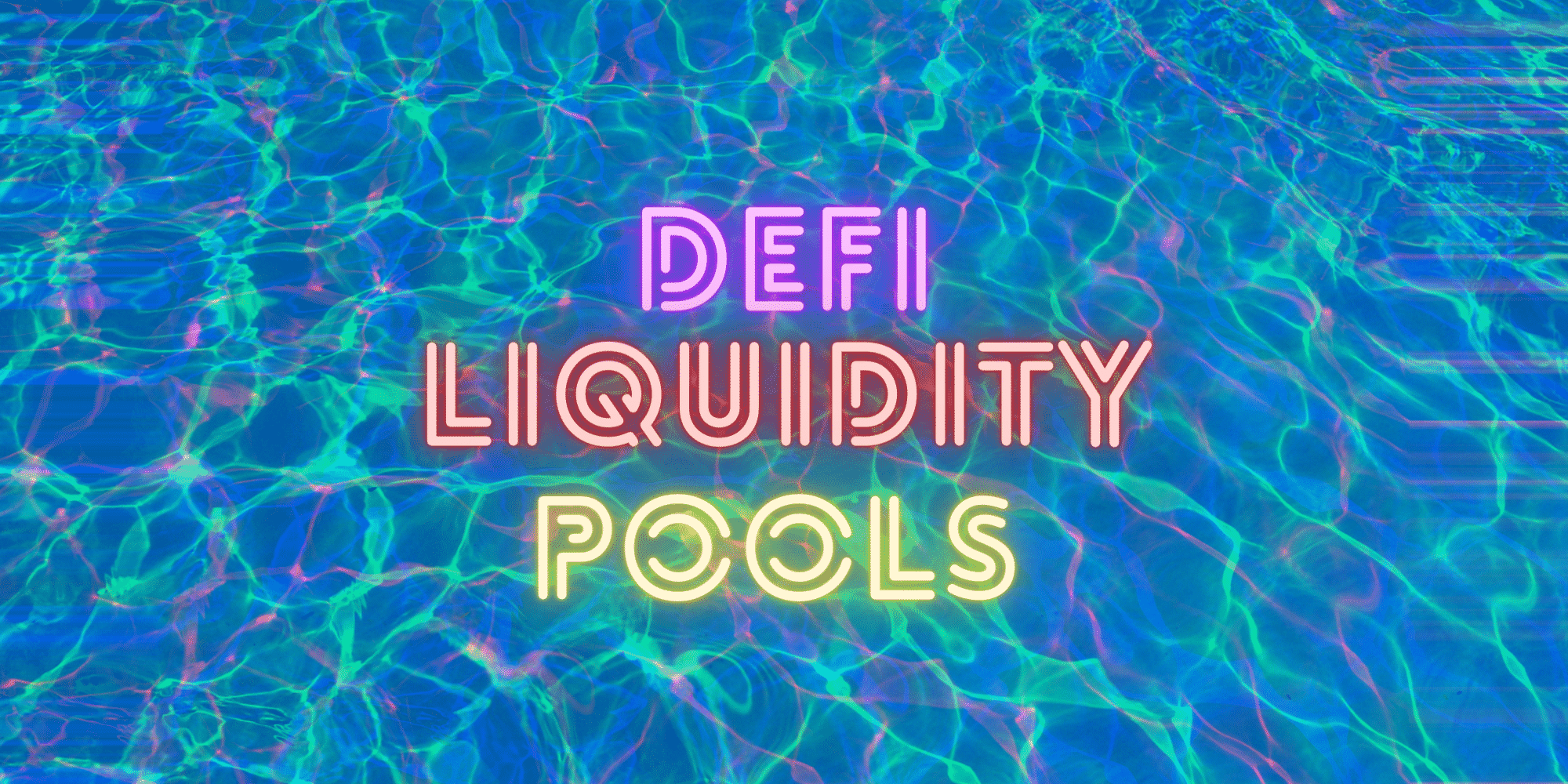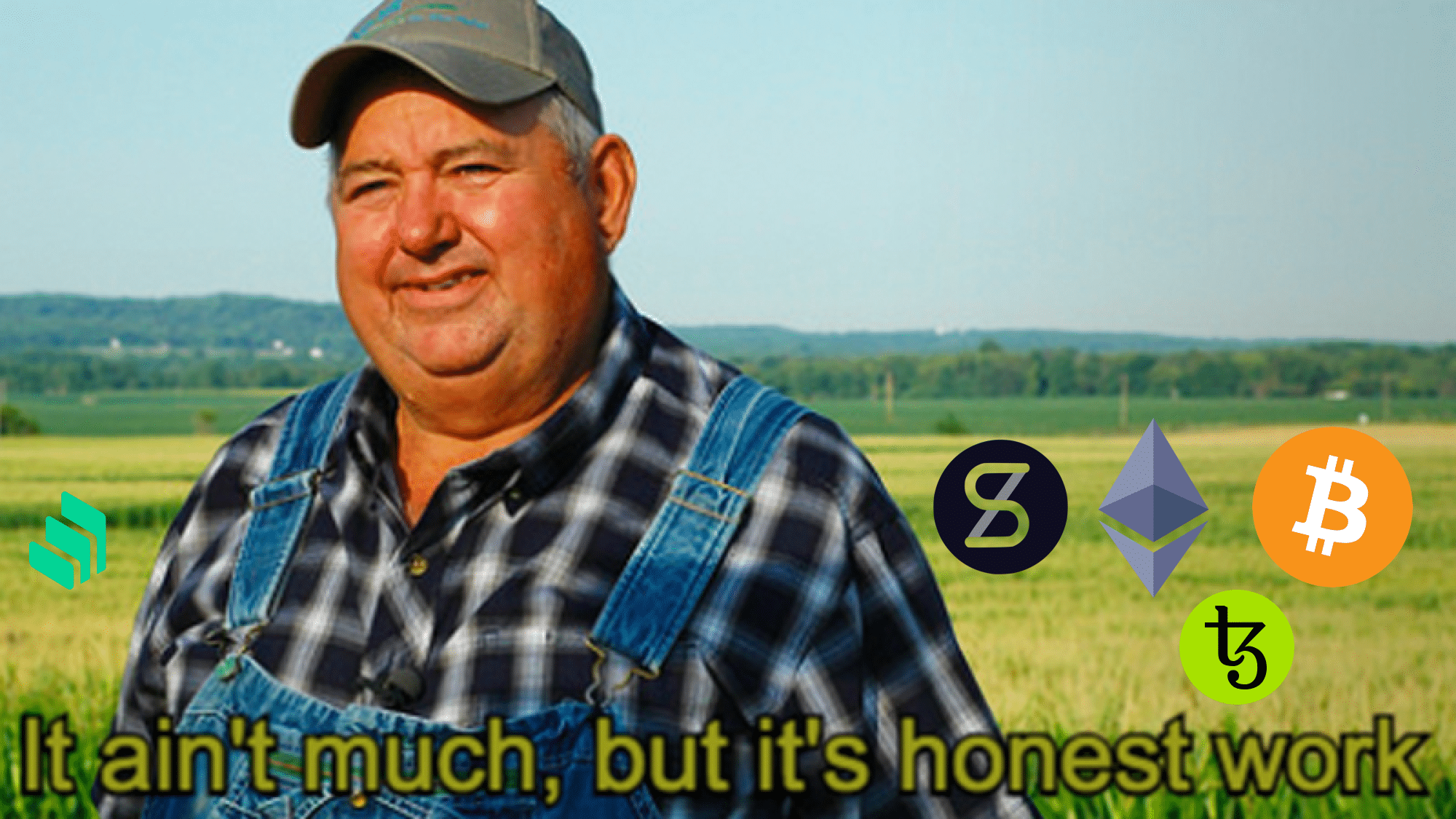- Blockchain Technology is Enabling More Digital Art
- Collectibles are Cool (Again)
- Blockchain Technology is Blurring the Lines Between Art Genres
- Art Creation is Becoming More Collaborative
- Amateur Artists are Monetizing Their Artwork Through Blockchain
- Final Thoughts
Blockchain technology has made a splash in the high-end art world through authenticity verification and art provenance. However, it’s begun to affect the art creation process as well. Blockchain is fostering new genres and opening the doors to aspiring artists in a classic decentralized fashion.
In this article, we’ll explore five different ways that blockchain technology is influencing art creation and why it’s a good thing for creators everywhere.
Blockchain Technology is Enabling More Digital Art
Using tokenized assets on the blockchain, digital artists now have a way of bringing scarcity to their artwork. Historically, digital art has been relatively easy for anyone to plagiarize for their own benefit. With copies commonly flooding the market, artists have trouble selling their works for a price that reflects their true value.
The fix is simple: tokenize each piece with a certificate of authenticity. As an artist, you just set how many replications you want to exist and create a corresponding amount of tokens. When you sell the art, you pass along the token as proof. Although someone could still copy your artwork, without the authenticity token, it loses its value.
Projects like Anime Coin enable you to upload your images directly onto the platform’s blockchain and set the available quantity. Additionally, you’re able to sell your artwork directly on the ANIM decentralized exchange, avoiding costly middlemen in the process.
Blockchain technology is finally giving digital artists a way to sell their artwork as effectively as those in the physical space. This increase in revenue generation should cause a boom in the number of artists producing digital works.
Collectibles are Cool (Again)
Remember the popularity of Beanie Babies in the 90s? How about Pokemon cards? Feeling nostalgic yet? Even though those collectibles have fallen by the wayside, blockchain technology has brought back a resurgence of interest for rare, collectible items.
Most notably, CryptoKitties popped into the cryptocurrency scene at the end of 2017, quickly gaining enough traction to cause serious congestion on the Ethereum network. These digital animals exist on the blockchain and are able to be bought, sold, or even bred. Similar to the collectibles of the 90s, each CryptoKitty has a certain degree of rareness that breeds (no pun intended) monetary value.
These collectibles aren’t just for small-time investors either. The most expensive CryptoKitty was sold for over $100k while Rare Pepe cards, another form of blockchain-based collectibles, consistently fetch thousand dollar price tags.
Blockchain Technology is Blurring the Lines Between Art Genres
Several artists are using blockchain technology to merge seemingly unconnected fields of art. They’re connecting the digital and physical spaces in ways that were previously unimaginable. Plantoids and IAMA Coin are two examples of this phenomenon.
Plantoids are robotic installations designed to look like flowers. The autonomous artwork survives off Bitcoin donations and stores its ‘DNA’ on the Ethereum network as a smart contract. Once a Plantoid’s donations reach a certain threshold, it puts out a bid to creators to produce the next Plantoid along its genetic line. The artist that wins the bid must follow the DNA rules in order to receive their Bitcoin payment.
IAMA Coin is one of the most interesting art projects in the space. Created by world-renowned artist Kevin Abosch, IAMA Coin consists of 100 pieces of physical artwork tokenized on the Ethereum blockchain. The twist: Abosch has used his blood to stamp every piece of artwork with the address of the related smart contract.
Art Creation is Becoming More Collaborative
Following the open nature of blockchain technology, art production is also becoming more decentralized. Blockchain is enabling artists to more easily collaborate on a single project. And, they don’t ever have to be in the same room or even know each other to do so.
The Scarab Experiment is creating a single work of art using one thousand submissions from artists around the globe. The experiment accomplishes this through artificial intelligence (AI) image processing. If you contribute to the project, you receive a Scarab Token. These tokens are tradeable on the Counterparty blockchain and give you voting rights on what submissions are included in the installation.
Amateur Artists are Monetizing Their Artwork Through Blockchain
Before now, it was nearly impossible for an amateur artist to make money from their early work. Exorbitant fees and market inefficiencies meant that artists had to set high price tags for their work – something that beginners can’t successfully do. With the emergence of decentralized marketplaces, this is no longer the case.
Using a decentralized art gallery, amateur artists can list their art at a reasonable price without worrying about fees eating up the majority of their profits.
Although a specific form of art, Curio Cards are a prime example of this new trend. Curio Cards are digital cards and GIFs that you purchase directly with Ethereum. One hundred percent of the sales on the platform go to the artist – there’s no middleman to charge a fee.
Additionally, Slothicorn is paying amateur artists a basic income in cryptocurrency to help them begin. Just submit your piece to the Slothicorn Steemit account, and you’ll receive a small amount of crypto for your effort.
With the lowered barriers to entry into the art world, we should see a rush of newcomers looking to make a name for themselves.
Final Thoughts
Thanks to blockchain technology, creating and monetizing art has never been easier. It’s forging new genres, opening up the digital art world, and giving novices the support they need when just starting out.
With the amount of creativity in the art industry, it’ll be interesting to see how it continues to evolve and incorporate the blockchain into future works.
[thrive_leads id=’5219′]
Never Miss Another Opportunity! Get hand selected news & info from our Crypto Experts so you can make educated, informed decisions that directly affect your crypto profits. Subscribe to CoinCentral free newsletter now.












